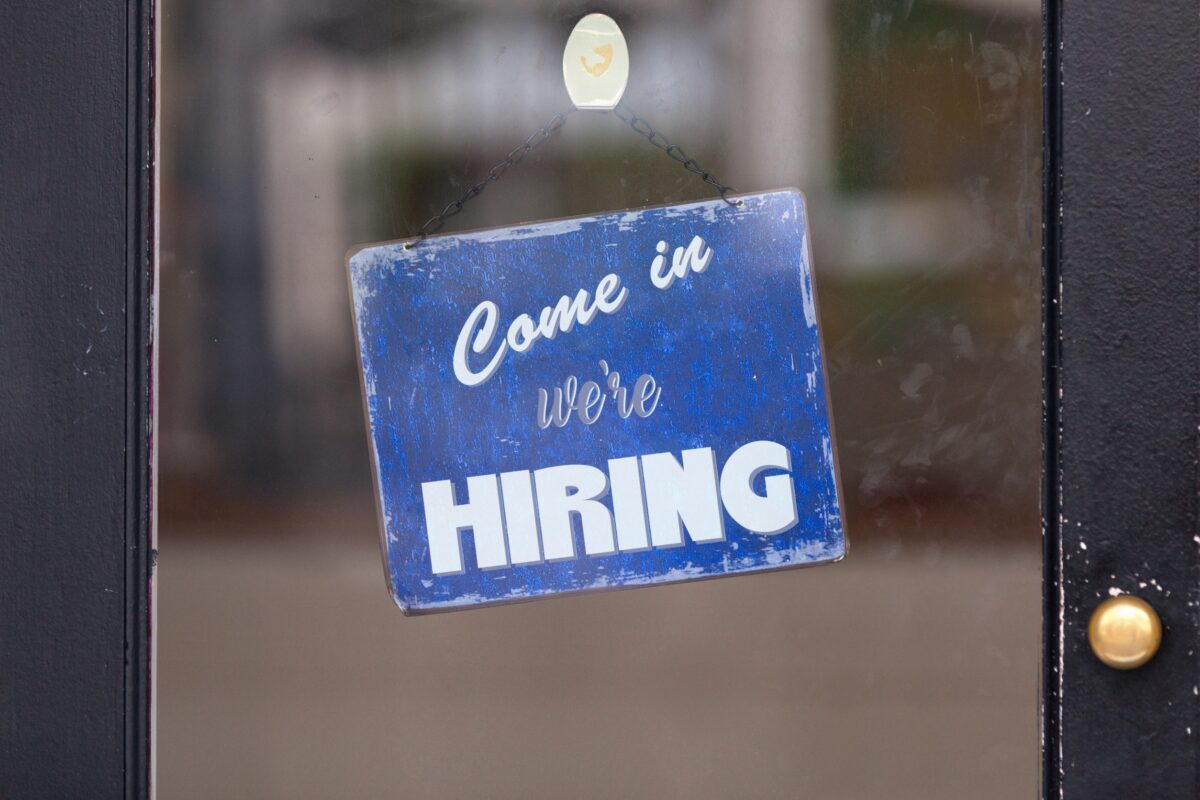The Texas Workforce Commission reports that Texas hiring hit a record pace in 2023. Smaller businesses, which employ 45% of Texas workers, have received money-saving legislative news, while Austin shows signs that better incentives for new and expanding large businesses could be coming. What does this all mean? Let’s break it down.
Record Texas Hiring
On the surface, 2023 seemed a scary time for Texas hiring. But the numbers show a different story. According to the Texas Workforce Commission, the Texas labor market reached historic highs in 2023, breaking records in employment growth and civilian labor force. The state’s employment growth rate continued to outpace the nation the entire year. Seven of 11 major industries in Texas achieved series highs, with trade, transportation, and utilities leading the way. Unemployment in Texas was on par with the national average of 3.5%, while Austin finished at an impressive 3%.
So, if Texas hiring has been so impressively good, why doesn’t it feel that way?
Nationwide, January 2024 brought a 136% increase in job cuts from the month before. But a jump in January is expected because, historically, it’s a popular month for layoffs. Put into perspective, that number is 20% less than the previous January (in 2023). Texas—and cities like Austin, in particular—are home to two of the top industries that did markedly increase layoffs: tech and finance. And then there’s population growth, which can theoretically contribute to historical job growth AND layoffs simultaneously. Once again, Texas’ population grew more than any other state last year. So, while Austin’s mass layoffs increased from 5.7% pre-pandemic to 20% in 2023, and San Antonio also saw an increase from 5.5% to 13.9%, those two cities still boast low unemployment rates and good prospects for job seekers.
Regulation Changes that Could Help
The Texas franchise tax exemption doubled this year, eliminating annual franchise taxes for an estimated 67,000 small- to medium-sized Texas businesses. It’s a move that was made “so our businesses can continue to grow jobs and power the Texas economy forward,” states Lt. Governor Dan Patrick.
For big businesses, the Austin City Council “appears to be warming up to the idea of offering tax-related incentive packages for major business investments,” writes the Austin Business Journal’s Mike Christen. “The shift, recently highlighted by the approval of a $1 million incentives agreement for Dutch chipmaker NXP Semiconductors NV, indicates that there could be more opportunities for big businesses to tap Austin leaders for deals similar to the ones previously given to Apple Inc. and Samsung Electronics Co. Ltd. for capital investment and job creation. But it’s not a purely financial decision anymore — things like day care facilities and workforce training are negotiating points now, whereas capital investments and job pledges were superior before.”
For all Texas employers, it’s essential to stay up-to-date on proposed or recently passed state and federal laws that could affect hiring this year (we outline several here, including DEI, the CROWN Act, and a potential federal change in accommodations for pregnant workers).
All in all, Texas hiring is expected to result in nearly 284,000 new jobs this year, a 2% increase from 2023. As the Dallas Fed points out, it’s a pace that aligns with the state’s pre-pandemic job growth, before “the state’s economy kicked into overdrive.”
“We’re cleared for landing, landing back to our long run trend rate of growth,” states Pia Orrenius, Dallas Fed vice president and senior economist. Do you agree? Disagree? Worried about how your own hiring is affected? Let us know.




